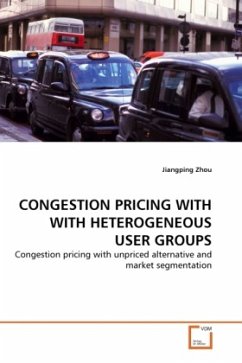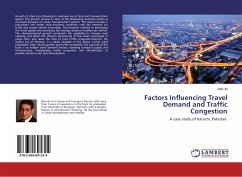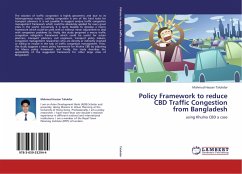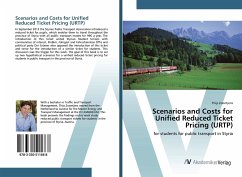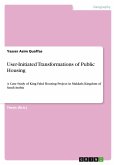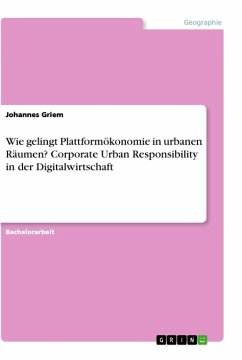This paper focuses on the characteristics of a representativecategory of congestion pricing regimes ("the representative regimes"). The representative regimes have the characteristics that many if not most congestion pricing regimes share: a priced period, an unpriced period, and at least two heterogeneous user groups. This paper found that: a) Treating all users as homogeneous in the model produced biased indicators; b) When heterogeneous users are categorized into two user groups and group- specific data were used in the model, economic efficiencies of the representative regimes remain stable whether first-, second-, or third-best tolls are charged; c) Ignoring even one aspect of user group heterogeneity causes biased estimates of the representative regimes.
Bitte wählen Sie Ihr Anliegen aus.
Rechnungen
Retourenschein anfordern
Bestellstatus
Storno

